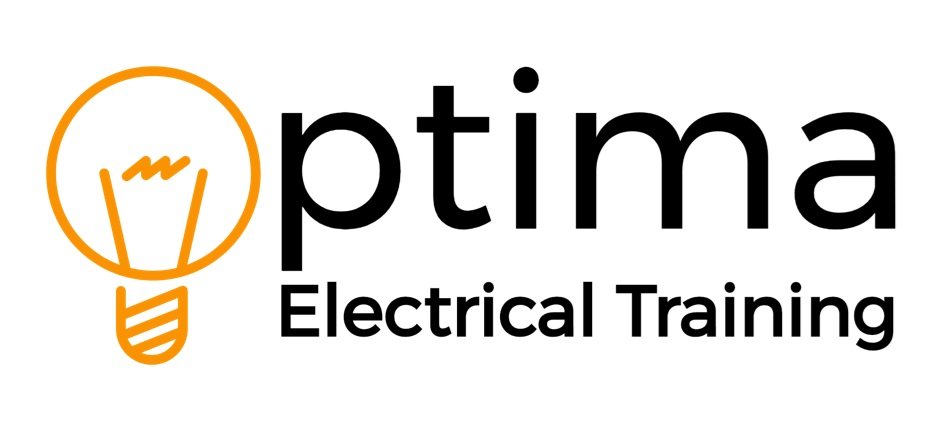Addressing the Shortage of Electricians in the UK: A Growing Concern and Opportunity
The United Kingdom is grappling with a severe shortage of electricians, a challenge that has significant implications for various sectors, including construction, infrastructure, and renewable energy. The demand for skilled electricians far exceeds the supply, resulting in numerous unfilled vacancies and pushing wages higher for those in the trade.
As of 2024, the UK needs approximately 104,000 new electricians by 2032 to meet the demands of various projects, including the government's ambitious housebuilding targets and renewable energy initiatives. The vacancy rates for electricians are significantly above the national average, underscoring the urgent need for more skilled workers in this field (Professional Electrician).
Driving Factors Behind the Shortage
Ageing Workforce: Many electricians are nearing retirement, creating a gap that is not being filled quickly enough by new entrants.
Brexit and Immigration: The departure of many EU workers post-Brexit has exacerbated the shortage, particularly in the construction sector where electricians are in high demand.
Increased Demand for Services: The push towards renewable energy sources, such as solar power and electric vehicle (EV) charging infrastructure, is increasing the demand for electricians (Electrical Review) (1st Electricians).
Economic and Career Opportunities
The shortage has driven up wages, making a career as an electrician more lucrative than ever. The average salary for an electrician varies with experience, with apprentices earning around £20,300 annually, while those with over 20 years of experience can earn up to £59,000 annually (1st Electricians). Additionally, the growing need for skills in areas like solar PV installations and EV charging points offers new and varied career opportunities within the electrical trade.
Solar PV Installations: With the government's goal to reach 70GW of solar capacity by 2035, there is a significant demand for electricians skilled in solar PV installations. This sector alone is expected to require thousands of new electricians to meet its targets (Electrical Review).
EV Charging Infrastructure: The increase in electric vehicle adoption necessitates the installation of home and public EV charging points, creating further opportunities for electricians. This sector is projected to generate substantial revenue, contributing to the overall demand for skilled workers (1st Electricians).
Government and Industry Initiatives
To address the shortage, several initiatives have been launched:
Apprenticeships and Training Programmes: Programmes like the "Get In" campaign aim to attract more young people into trades through apprenticeships, particularly focusing on those aged 16 to 25 (Professional Electrician).
Skills Bootcamps: These offer flexible, short-term courses that can significantly reduce the cost of training, often providing full funding for those eligible.
Renewable Energy Focus: The government's goal to reach 70GW of solar capacity by 2035 necessitates a substantial increase in the number of qualified electricians, driving efforts to upskill the current workforce and train new entrants (Electrical Review).
The electrician shortage in the UK is a pressing issue that requires concerted efforts from both the government and industry. By investing in training programmes, promoting apprenticeships, and encouraging young people to enter the trade, the UK can begin to bridge the skills gap. For individuals, this shortage presents a unique opportunity to enter a high-demand field with significant potential for career growth and financial reward. Addressing this shortage is crucial for meeting the UK's infrastructure and renewable energy goals, ensuring a sustainable and prosperous future.
If you're considering a career change or looking to enhance your existing skills, now is the perfect time to take the initiative and enrol with Optima Electrical Training. With the availability of interest-free payment plans, it's easier than ever to get started.
Contact us today to embark on your training journey.
Contact us: Request Information
Email: info@optima-ect.com
Freephone +44 800 0371572



